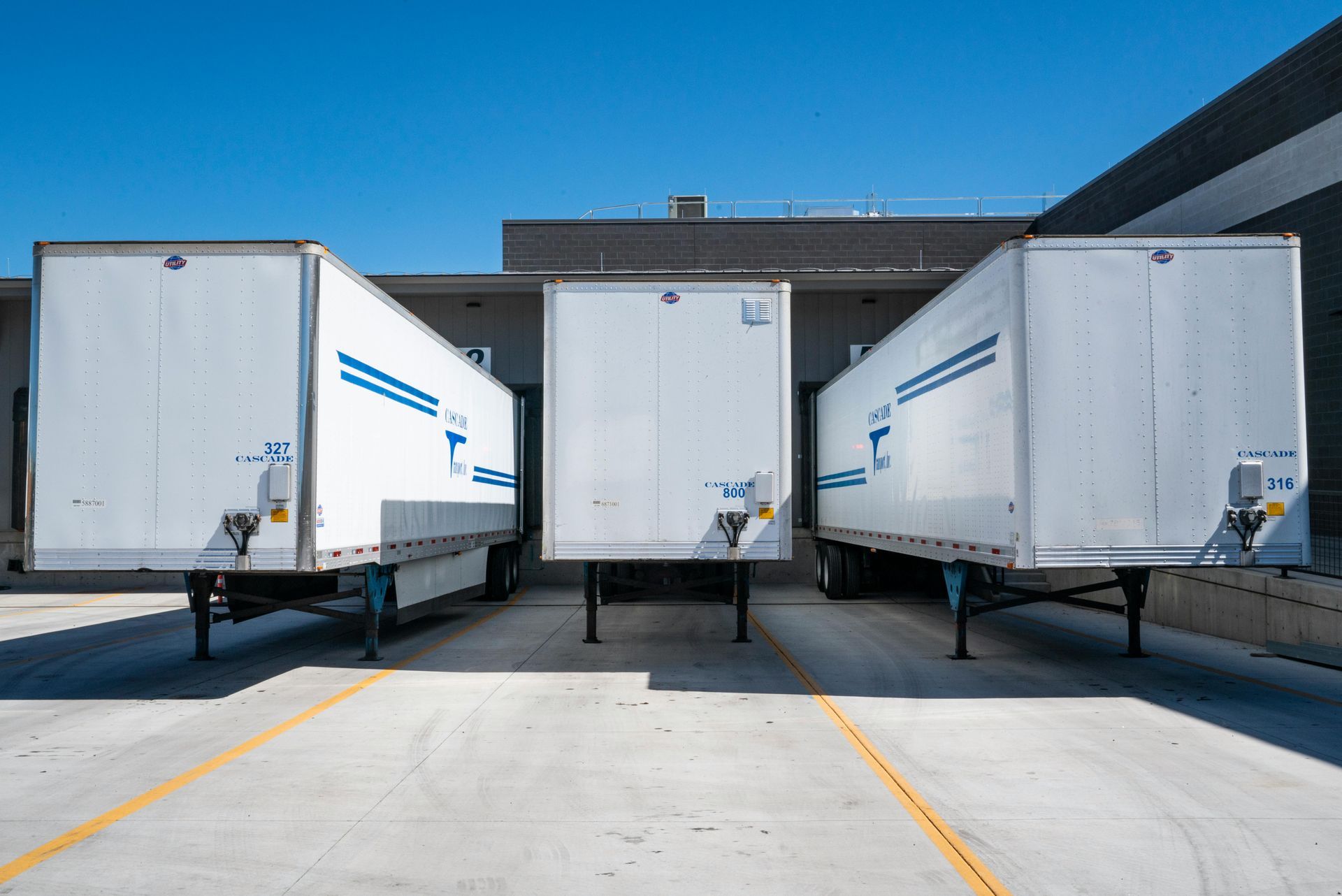HUMAN RESOURCES (HR) CHALLENGES
Australian Human Resources (HR) professionals are facing multiple challenges such as changing workforce demographics, AI and the ethical concerns and changes in compliance. Here are some of the challenges currently faced by HR teams:

1. Technological Transformation and AI Integration
The integration of Artificial Intelligence (AI) into HR processes is imminent. There’s no doubt that AI offers benefits such as automating repetitive tasks and enhancing data-driven decision-making, it also poses ethical concerns as well as assuring staff that they are still being valued.
2. Talent Acquisition and Retention
Amidst the current economic uncertainty, competition for skilled talent has intensified. This is compounded by employers also facing the challenge in attracting staff willing to work onsite or during extended hours. There is also the genuine concern that once the economy improves, workers will quit their jobs in search for easier working conditions, therefore stressing the requirement for effective retention strategies.
3. Navigating Regulatory Changes and Compliance
New regulations, such as penalties for underpayment, require HR professionals to enhance compliance measures. employers could face larger fines and potential jail time for deliberate underpayments, reinforcing the importance of accurate payroll practices.
4. Adapting to a Multigenerational Workforce
The workforce now spans five generations, including the emerging Gen Alpha. Managing this diversity involves understanding varying expectations and work styles. For instance, Gen Z employees often prefer remote work and flexibility, challenging traditional office-centric models.
(source: The Australian+1blog.workday.com+1dailytelegraph+2ELMO Software+2news+2news+1ELMO Software+1)
5. Addressing Skills Shortages and Development Needs
Skills gaps remain a pressing issue, with 57% of recruiters citing them as a major cause of reduced productivity. Employers must invest in upskilling and reskilling initiatives to align workforce capabilities with evolving industry demands.
(source:
Syncora+1The Guardian+1LinkedIn+4blanchardaustralia.com.au+4people2people.com.au+4)
6. Managing Employee Well-being and Engagement
Employee burnout, stress, and mental health issues are on the rise, exacerbated by economic uncertainties and remote work challenges. Promoting a supportive work culture, work-life balance and regular check-ins and support systems are vital in addressing these challenges and fostering a supportive work environment.












